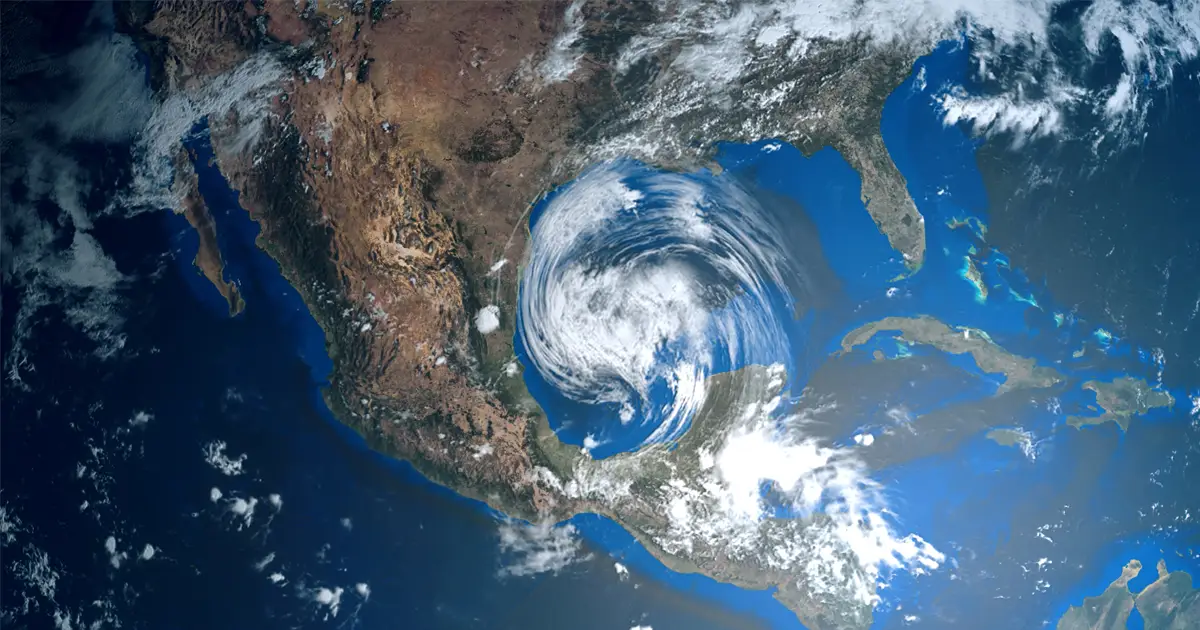Climate Change is a Human Health Problem

Last week in central Maine, where I live, the heat index hit 100⁰F. It was hot. Really hot. Especially in our homes, where almost no one has air conditioning.
We don’t get heat indices of 100⁰F here. At least that’s what I used to say. When I moved here 17 years ago, it was never this hot. Truly. But now it’s becoming more frequent to experience, at least occasionally, hot and humid summer days like I remember from my childhood growing up in Wisconsin.
Warmer temperatures and record-setting heat due to anthropogenic climate change are affecting just about everyone all across our world, making what used to be warm days hot and hot days nearly unlivable. The human health impact of extreme heat exposure is profound, even if not always apparent. Heat exhaustion, dehydration and heatstroke plague those without access to cooling, those who work outside (like the farmworkers who grow our food), and our children at summer play or sports practices. Severe heat taxes our hearts, kidneys, and brains and worsens our mental well-being.
Because climate change is such a significant health threat, I welcome the announcement that the U.S. Department of Health and Human Services has launched the Office of Climate Change and Health Equity (OCCHE) to focus on reducing greenhouse gas emissions, fueling climate change, developing sustainable infrastructure, and addressing the unfair burdens of climate change impacts on America’s poor and communities of color.
OCCHE has their work cut out for them starting on day one. We are just beginning to see the devastation wrought by Hurricane Ida, and apocalyptic scenes of wildfire in Lake Tahoe fill our news feeds. Nearly one hundred fires are burning millions of acres in the west right now and blanketing much of the country in toxic smoke, and there is no rain in the extended forecast.
Ida tied with last year’s Hurricane Laura and two others as the strongest storms ever to hit Louisiana, with 150 mph winds upon landfall. Entire towns in Ida’s pathhave been destroyed. People are cut off from emergency services, innumerable homes are flooded or have no roofs, over one million Louisiana residents are without power, safe drinking water, gasoline for days or even weeks. All in the sweltering late summer heat. We don’t yet know the full extent of the health impacts of Ida. Still, in 2020, Hurricane Laura killed at least 27 people in Louisiana (and dozens more in Haiti, the Dominican Republic, and other U.S. states), and storm losses totaled $13 billion. Not only were lives, livelihoods and infrastructure decimated, but residents also were exposed to millions of pounds of unauthorized releases of toxic pollutants from the dozens of oil refineries and petrochemical and plastics plants in the area impacted by the storm.
Climate change creates conditions for more intense hurricanes, and the resulting consequences for ill health and cleanup costs cannot be overstated. Particularly for those not able to evacuate or without access to adequate protection and recovery services, these extreme storms shatter lives. Adverse effects on well-being persist for weeks, months, even years and fade from the public’s attention when news cycles move on to the next breaking story.
We must keep talking about climate change as a public health problem and take action accordingly. When our own health and the health of our loved ones and communities is threatened, we know how to respond. We listen to experts and take prescribed measures to minimize threats so that we stay well. We need to do the same thing to respond to the climate crisis – rapidly reduce GHG emissions fueling climate change and understand, prevent and prepare for the wide-ranging impacts on humans. This includes strengthening our health systems and investing in health care for everyone. We also need to continue to pressure elected officials to stop coddling fossil energy companies and instead create policies that allow for a truly effective and equitable energy transition. As the world around us is burning and flooding, there’s not a moment to lose.
About the Author
Gail Carlson teaches environmental public health at Colby College, where she directs the Buck Lab for Climate and Environment. She is the author of the forthcoming book Human Health and the Climate Crisis (January 2022, Jones & Bartlett Learning).